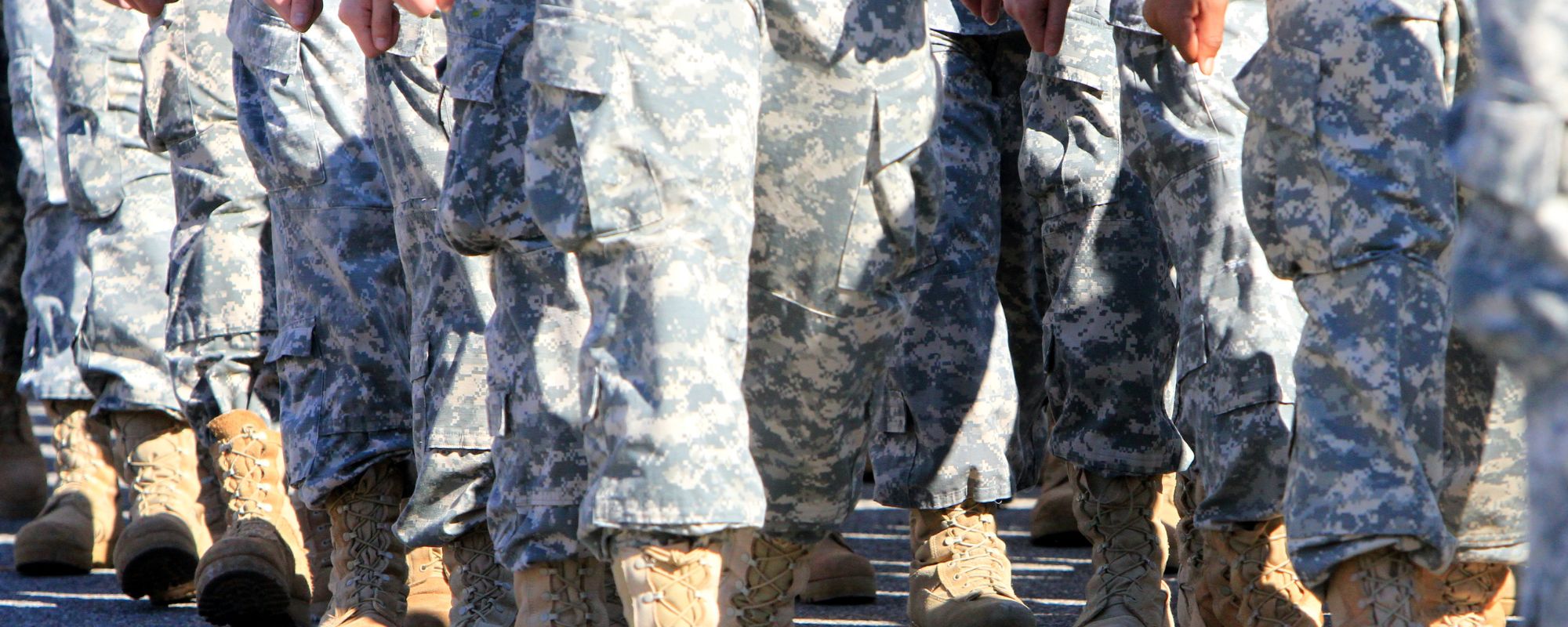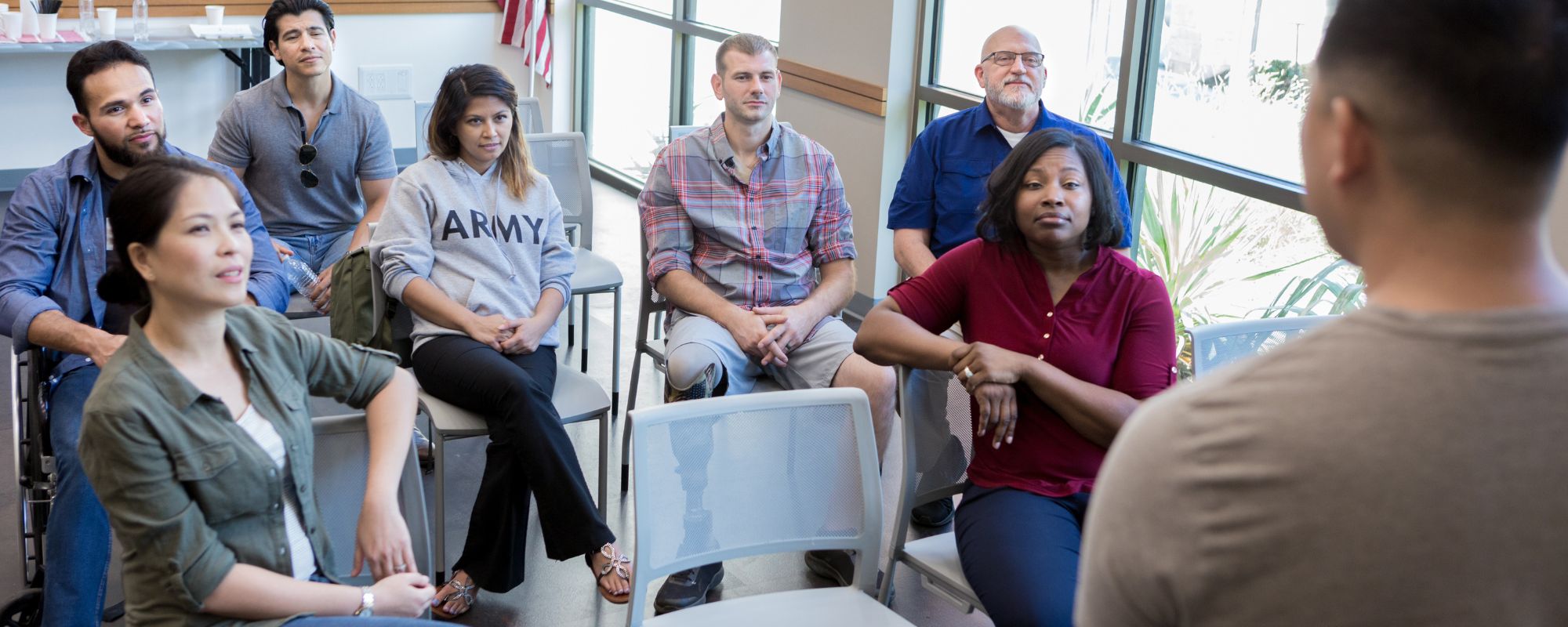First responders and emergency workers are often hailed as heroes, but the intense demands of their jobs can take a serious toll on mental health. Daily exposure to traumatic events, life-threatening situations, and high-pressure decision-making can lead to stress, anxiety, depression, and other mental health challenges. Despite this, mental health struggles among first responders frequently go unspoken due to stigma, workplace culture, or the belief that they must always be resilient. Here’s what you can do to support yourself or a fellow first responder and take steps toward professional help for PTSD.
Why First Responders Face Unique Mental Health Challenges
The work of first responders is inherently high-stress and dangerous. Whether on the front lines of emergency medical care, firefighting, or law enforcement, these individuals encounter situations most people cannot imagine. The combination of long shifts, high stakes, and repeated exposure to trauma can create a perfect storm for mental health struggles.
Even when off duty, many first responders feel isolated, unable to share their experiences with friends or family who may not understand. Within their own teams, cultural norms often promote stoicism and self-containment, discouraging open conversations about emotional or psychological pain.
Who Are First Responders?
First responders include police officers, firefighters, paramedics, emergency medical technicians, and search and rescue personnel. They may be employed full-time or serve as volunteers. Many have military backgrounds, which can bring additional traumatic experiences and exposure to intense stress.
The Unique Challenges First Responders Face
Exposure to Traumatic Events
First responders routinely witness violence, serious injury, and death. Over time, these experiences can leave individuals feeling scared, helpless, drained, or emotionally numb.
Life-Threatening Situations
In addition to witnessing trauma, first responders often face danger themselves. Near-death experiences can leave lasting emotional, mental, and physical symptoms.
High-Pressure Decision-Making
Emergency workers must make rapid, critical decisions that impact lives. The pressure of this responsibility can lead to anxiety, self-doubt, guilt, and long-term stress.
Non-Standard Working Hours
Long shifts, irregular schedules, and sleep disruptions are common. Combined with the adrenaline-heavy nature of the job, these factors contribute to exhaustion, burnout, and difficulty managing mental health concerns.
Get confidential help from our addiction and mental health treatment facilities located across the United States. Call to join one of our quality programs today!
Speak With Our Admissions Team
Mental Health Issues Common Among First Responders
Mental health issues are not uncommon among first responders who risk their lives on a daily basis. Here are some of the issues they can face:
Post-Traumatic Stress Disorder (PTSD)
PTSD is prevalent in first responders due to repeated exposure to traumatic events. Symptoms can include intrusive memories, nightmares, emotional numbness, and heightened anxiety. Research indicates that first responders have a significantly higher risk of developing PTSD than the general population.
Anxiety Disorders
The stress of constant vigilance can lead to anxiety disorders, marked by worry, fear, panic, or avoidance behaviors. Social interactions and daily routines may feel increasingly challenging.
Depression
Depression can arise from chronic stress, trauma, or co-occurring disorders. Symptoms often include hopelessness, fatigue, loss of motivation, and social withdrawal.
Substance Abuse
First responders may turn to alcohol abuse or other substances to self-medicate trauma and stress. Substance use can worsen other mental health conditions and complicate recovery.
Mental Health Treatment Programs for First Responders
Professional mental health treatment is available specifically for first responders. These treatment programs focus on trauma, PTSD, substance abuse, and co-occurring disorders. At Aliya Veterans, we provide personalized, trauma-informed care for first responders and military personnel, helping individuals safely process unresolved trauma and regain control over their everyday lives.
Treatment approaches include:
- Behavioral therapy and cognitive behavioral therapy (CBT)
- Exposure therapy for traumatic experiences
- Family therapy and couples therapy to rebuild relationships
- Anger management and stress reduction strategies
- Residential treatment, intensive outpatient programs (IOP), and partial hospitalization programs (PHP)
- Telehealth and online therapy for flexible, private care
Looking for quality treatment for substance abuse and mental health that’s also affordable? Aliya Veterans treatment facilities accept most major insurance providers. Get a free insurance benefits check now!
Check Your Coverage
How to Speak Up and Seek Help for PTSD
Asking for help can feel vulnerable, especially in a culture that values toughness. Yet seeking mental health treatment is a critical step for personal well-being. You don’t have to navigate trauma alone—discrete, professional support is available to help you heal and manage the unique stresses of your role.
If you or someone you care about is struggling, contact Aliya Veterans today. Our licensed clinicians will listen, provide assessment, and create a treatment plan tailored to your needs.
First responders face unique pressures that can impact both physical health and mental illness, from critical incidentsand incident stress to long hours in emergency response roles. Whether you’re a law enforcement officer, firefighter, volunteer firefighter, or part of disaster responders and emergency management, it’s crucial to prioritize your well-being.
Our programs focus on supporting the mental health of first responders through behavioral health care, crisis intervention, and suicide prevention training. We provide responder resources, peer support programs, and access to mental health resources, including crisis lifeline services for suicide and crisis situations.
The Benefits of First Responder Mental Health Care
Receiving professional support equips first responders to:
- Build coping strategies for stress and trauma
- Recognize and manage PTSD symptoms
- Overcome substance abuse and co-occurring mental health conditions
- Improve personal relationships and set healthy boundaries
- Strengthen resilience and overall wellness in daily life
Taking the first step toward mental health treatment allows you to break the silence, address your trauma, and reclaim balance, safety, and peace of mind. Don’t wait for a health crisis to take action. Explore our health resources and training overview to learn stress management techniques, address substance abuse and mental challenges, and protect your long-term health of first responders. Take the first step toward healing and resilience today—because supporting first responders is supporting the safety of your community.
- Assessment of Anxiety and Depression Among Substance Use Disorder Patients: A Case-Control Study – Springer Open First Responders: Behavioral Health Concerns, Emergency Response, and Trauma – SAMHSA
- Trauma and Stress – National Institute on Drug Abuse
- Treating Posttraumatic Stress Disorder in First Responders: A Systematic Review – Science Direct
- First Responders: Behavioral Health Concerns, Emergency Response, and Trauma – SAMHSA


- Pill Mills: What Veterans Need to Know About a Dangerous Practice - January 28, 2026
- Trauma and Addiction: Understanding the Connection and Paths to Healing - January 27, 2026
- Rehab Centers for Veterans: Healing from PTSD and Addiction - January 26, 2026













